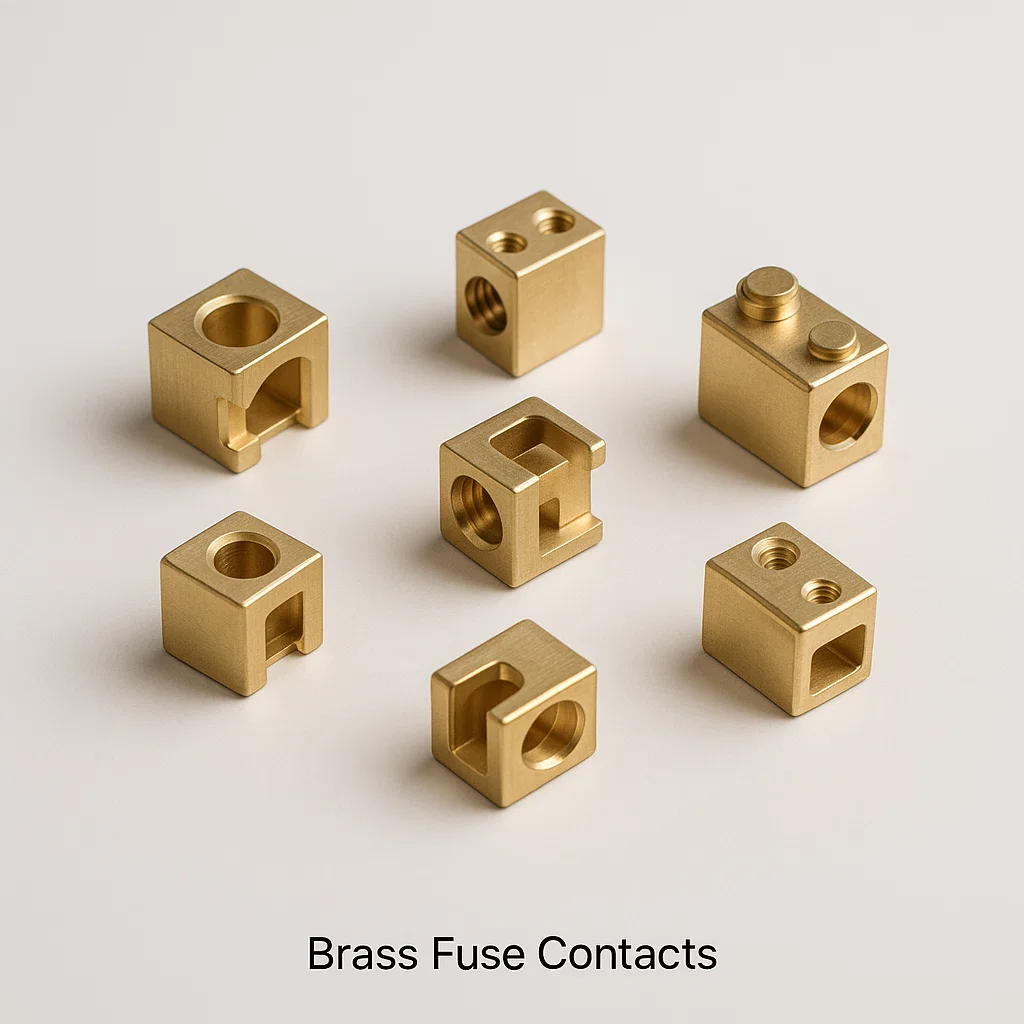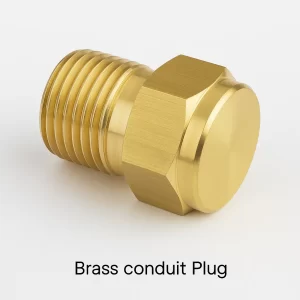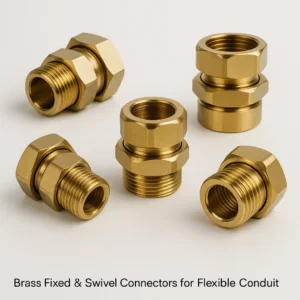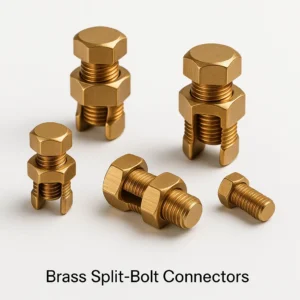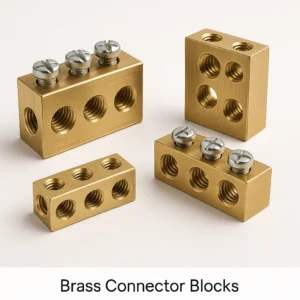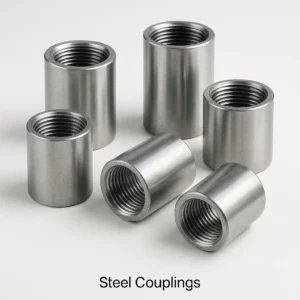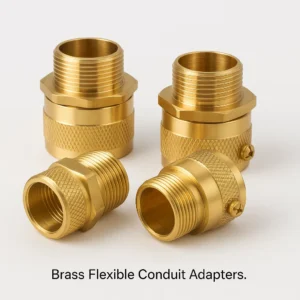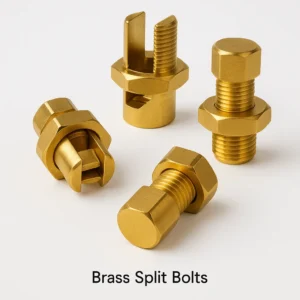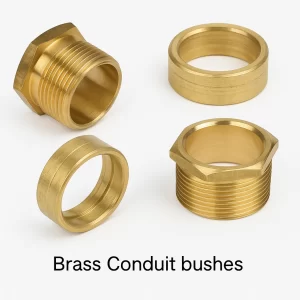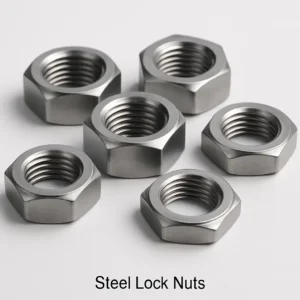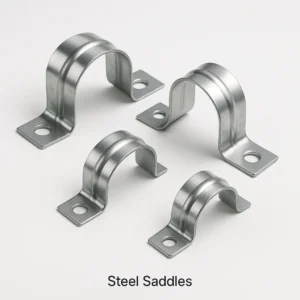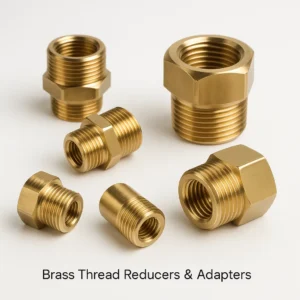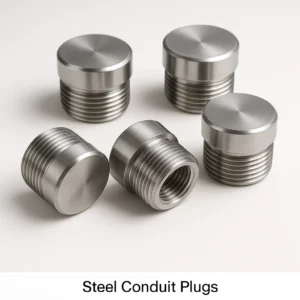Comprehensive Technical Overview of Brass Fuse Contacts
We are one of the leading manufacturers and exporters of Brass Fuse Contacts, Electrical Fuse Components, and Fuse Connection Systems from India. We have been supplying high-quality Brass Fuse Contacts, Fuse Clips, Fuse Holders, Fuse Terminal Contacts, Fuse Carrier Components, Custom Fuse Contacts, and Special Application Brass Fuse Components to the world market for many decades. Our state-of-the-art manufacturing facility specializes in producing premium Brass Fuse Contact Systems using advanced copper alloy formulation, precision stamping, progressive die technology, CNC machining, heat treatment processes, electroplating, surface finishing, automated assembly, electrical testing, and comprehensive quality assurance systems. With over three decades of global experience in Brass Fuse Contact manufacturing, we serve diverse industries including electrical power distribution, automotive electronics, industrial control systems, consumer appliances, telecommunications equipment, renewable energy systems, and electronic device manufacturing. Our expertise encompasses working with various brass alloys including High Conductivity Brass (C26000), Free Cutting Brass (C36000), Spring Brass (C22000), and Phosphor Bronze (C51000). We manufacture Brass Fuse Contacts in current ratings from 1A to 500A, voltage ratings up to 1000V, fuse sizes from 5x20mm to 100x200mm, maintaining excellent electrical conductivity, superior thermal properties, compliance with IEC 60127, UL 248, CSA C22.2, VDE 0820 standards, and reliable performance in various fuse protection applications.
Types of Brass Fuse Contacts
Cartridge Fuse Brass Contacts
Cylindrical Fuse Contacts for cartridge-type fuses, featuring precision-machined end caps and secure connection design. Available in sizes from 5x20mm to 30x150mm with current ratings from 1A to 100A. These Standard Fuse Contacts provide reliable connections for power supplies, control circuits, equipment protection, and general electrical applications where cartridge fuse protection is required.
Blade Fuse Brass Contacts
Automotive Fuse Contacts for blade-type fuses, featuring spring-loaded design and vibration resistance. Current ratings from 5A to 40A with various blade configurations. These Vehicle Fuse Contacts are essential for automotive electronics, marine electrical systems, mobile equipment, and transportation applications where blade fuse protection is standard.
HRC Fuse Brass Contacts
High Rupturing Capacity Fuse Contacts for high-power applications, featuring heavy-duty construction and arc-resistant properties. These High-Capacity Contacts are crucial for industrial power distribution, motor protection, transformer circuits, and high-fault current applications where maximum safety is required.
Fuse Clip Brass Contacts
Spring-Loaded Fuse Clips with tension-maintaining design, featuring beryllium copper springs and precision contacts. These Retention Clips provide secure holding for PCB mount fuses, instrumentation fuses, telecommunications equipment, and applications requiring vibration-resistant fuse mounting.
Fuse Holder Brass Contacts
Complete Fuse Holder Assemblies with integrated brass contacts, featuring insulated bodies and secure connection systems. These Assembly Contacts are designed for panel mounting, DIN rail mounting, equipment integration, and applications requiring complete fuse holder solutions.
Material Specifications & Properties
Brass Alloy Composition & Electrical Properties
| Alloy Type | Composition | Conductivity (% IACS) | Tensile Strength (MPa) | Spring Properties | Temperature Rating |
|---|---|---|---|---|---|
| High Conductivity Brass C26000 | 70% Cu, 30% Zn | 32% | 325-410 | Good | -40°C to 120°C |
| Free Cutting Brass C36000 | 61.5% Cu, 35.5% Zn, 3% Pb | 26% | 340-420 | Fair | -40°C to 110°C |
| Spring Brass C22000 | 90% Cu, 10% Zn | 44% | 275-345 | Excellent | -40°C to 150°C |
| Phosphor Bronze C51000 | 95% Cu, 5% Sn | 15% | 350-450 | Superior | -40°C to 180°C |
Contact Surface Treatments
| Plating Type | Thickness | Purpose | Applications | Standards |
|---|---|---|---|---|
| Tin Plating | 3-8μm | Corrosion Resistance, Solderability | General Purpose | ISO 2093 |
| Silver Plating | 5-15μm | High Conductivity, Low Contact Resistance | High Current | ISO 4521 |
| Nickel Plating | 5-10μm | Wear Resistance, High Temperature | Automotive | ISO 1456 |
| Gold Flash | 0.5-1.0μm | Oxidation Prevention, Reliability | Electronics | ISO 4524 |
Manufacturing Excellence
Advanced Manufacturing Process
Precision Stamping: High-speed progressive die stamping for consistent contact profiles
CNC Machining: Precision machining for complex contact geometries
Heat Treatment: Stress relief and tempering for optimal spring properties
Electroplating: Automated plating lines with thickness monitoring
Surface Treatment: Passivation, chromating, and special coatings
Quality Testing: 100% dimensional, visual, and electrical testing
Quality Assurance Protocols
Raw Material Testing: Spectrochemical analysis for alloy composition verification
Dimensional Control: Optical comparator inspection with statistical process control
Electrical Testing: Contact resistance, current carrying capacity testing
Mechanical Testing: Spring force, insertion force, and durability testing
Plating Quality: Thickness measurement and adhesion testing
Performance Validation: Thermal cycling, humidity testing, and accelerated aging
Technical Specifications & Performance Data
Fuse Contact Specifications
| Fuse Type | Contact Type | Current Rating | Voltage Rating | Contact Resistance | Clamping Force |
|---|---|---|---|---|---|
| 5x20mm Cartridge | End Cap | 1-10A | 250V | <2mΩ | 20-40N |
| 6.3x32mm Cartridge | End Cap | 10-30A | 500V | <1.5mΩ | 30-60N |
| Blade Mini | Blade Socket | 5-30A | 32V | <1.0mΩ | 15-35N |
| Blade Standard | Blade Socket | 20-40A | 32V | <0.8mΩ | 25-50N |
| HRC 10x38mm | Knife Blade | 50-100A | 500V | <0.5mΩ | 80-150N |
| HRC 22x58mm | Knife Blade | 100-200A | 750V | <0.3mΩ | 120-250N |
Electrical Performance Specifications
| Performance Parameter | Standard Contacts | High-Performance Contacts | Test Standard |
|---|---|---|---|
| Temperature Rise | 45°C at rated current | 35°C at rated current | IEC 60127 |
| Short Circuit Withstand | 1kA for 1s | 10kA for 1s | IEC 60947 |
| Contact Resistance Stability | <10% change after aging | <5% change after aging | MIL-STD-202 |
| Insertion Cycles | 100 cycles | 1000 cycles | IEC 60512 |
International Standards & Certifications
Global Compliance & Approvals
IEC 60127: Miniature fuses
UL 248: Low-voltage fuses
CSA C22.2: Canadian electrical equipment standards
VDE 0820: German fuse standards
RoHS Compliance: Restriction of hazardous substances
REACH Compliance: European chemicals regulation
Testing & Certification Standards
Current Carrying Capacity: Temperature rise testing per IEC 60127
Short Circuit Testing: Breaking capacity testing per IEC 60947
Mechanical Durability: Insertion/extraction cycling per IEC 60512
Environmental Testing: Thermal shock and humidity testing
Material Certification: Mill certificates with full traceability
Industry Applications
Electrical Power Distribution
Distribution Boards: Fuse protection in electrical panels
Motor Control Centers: Motor circuit protection
Power Supplies: Output circuit protection
Transformer Protection: Primary and secondary circuit fusing
Automotive Electronics
Vehicle Power Distribution: Automotive fuse box contacts
Battery Protection: Main battery circuit fusing
Accessory Circuits: Entertainment and comfort system protection
Lighting Systems: Headlight and signal light circuit protection
Industrial Control Systems
PLC Systems: Input/output circuit protection
Control Circuits: Low-power control system fusing
Sensor Networks: Sensor circuit protection
Machine Safety: Safety circuit fuse protection
Installation Guidelines & Maintenance
Professional Installation Procedure
-
Contact Inspection: Verify contact condition and plating integrity
-
Fuse Selection: Choose appropriate fuse type and rating
-
Contact Preparation: Clean contact surfaces if necessary
-
Fuse Insertion: Insert fuse with proper alignment
-
Connection Verification: Ensure secure electrical connection
-
Final Testing: Verify circuit operation and protection
Maintenance Best Practices
Regular Inspection: Visual check for corrosion, overheating, or damage
Contact Cleaning: Periodic cleaning of contact surfaces
Torque Verification: Check screw terminal tightness
Thermal Monitoring: Infrared inspection for hot spots
Replacement Schedule: Replace contacts showing signs of wear or corrosion
Frequently Asked Questions
Q1: What are the advantages of brass fuse contacts over other materials?
Brass fuse contacts offer excellent electrical conductivity, good thermal properties, corrosion resistance, reliable spring characteristics, and cost-effectiveness. They provide stable contact resistance and reliable performance over the fuse lifetime.
Q2: Can your fuse contacts handle high inrush currents?
Yes, our brass fuse contacts are designed to handle high inrush currents typical of motor starting and transformer energization. The thermal mass and conductivity of brass help manage temporary current surges without excessive heating.
Q3: What is the maximum operating temperature for your fuse contacts?
Standard brass fuse contacts are rated for continuous operation from -40°C to 120°C. High-temperature versions using spring brass or phosphor bronze can operate up to 180°C for special applications.
Q4: Do you provide custom fuse contacts for special applications?
Yes, we specialize in custom fuse contact manufacturing including special sizes, unique configurations, custom plating requirements, and specific performance characteristics. Minimum order quantities apply for custom specifications.
Q5: What is the expected service life of your brass fuse contacts?
Our brass fuse contacts have a service life expectancy of 10,000+ insertion cycles for standard contacts and 1,000+ cycles for high-current contacts when properly used and maintained. The actual service life depends on operating conditions and maintenance practices.
Q6: What testing do you perform on finished fuse contacts?
We perform 100% dimensional inspection, visual examination, contact resistance testing, and sample mechanical testing. Additionally, we conduct current carrying capacity testing, thermal cycling, humidity testing, and certification testing to international standards.
Contact Us Today – Request Quote for Brass Fuse Contacts
Ready to discuss your Brass Fuse Contact requirements for electrical protection systems, automotive applications, industrial controls, or custom fuse solutions?
Request a Quote: Send your specifications including fuse type, current rating, voltage rating, contact configuration, plating requirements, quantity, and application details to sales@jambrass.com for a detailed quotation within 24 hours.
Technical Support: Email your application requirements or technical drawings for fuse contact selection guidance, material recommendation, and certification assistance.
Call Us: +91-22-43449300 / +91-22-43449323 (Monday-Friday, 9:00 AM – 6:00 PM IST)
Office Address: 1406, 14th Floor, Dalamal Tower, Nariman Point, Mumbai – 400021, Maharashtra, INDIA
Factory Address: Plot 10B, GIDC Industrial Estate, Shanker Tekari, Udyognagar, Jamnagar, Gujarat, India – 361004
Contact Person: Mr. Mehul Vora
Email: sales@jambrass.com

